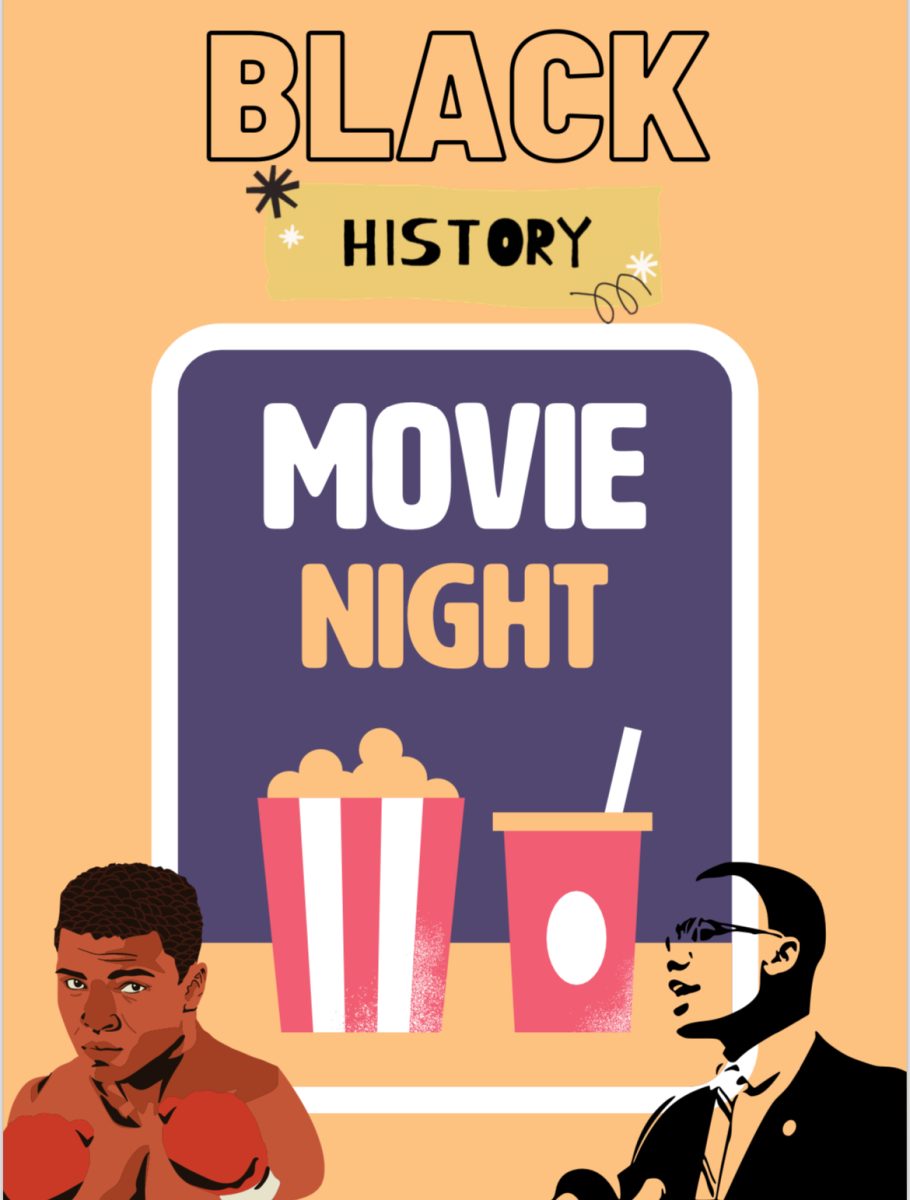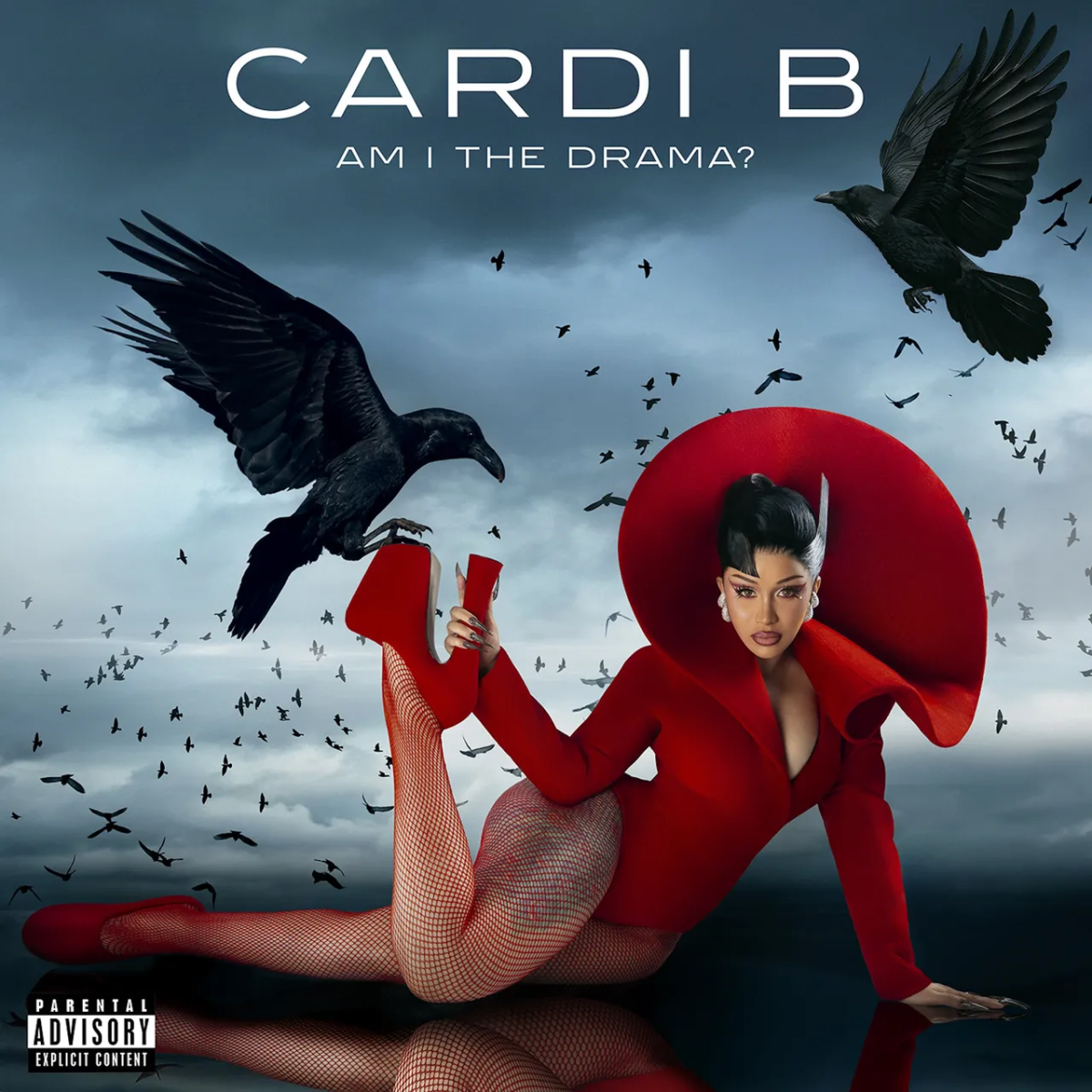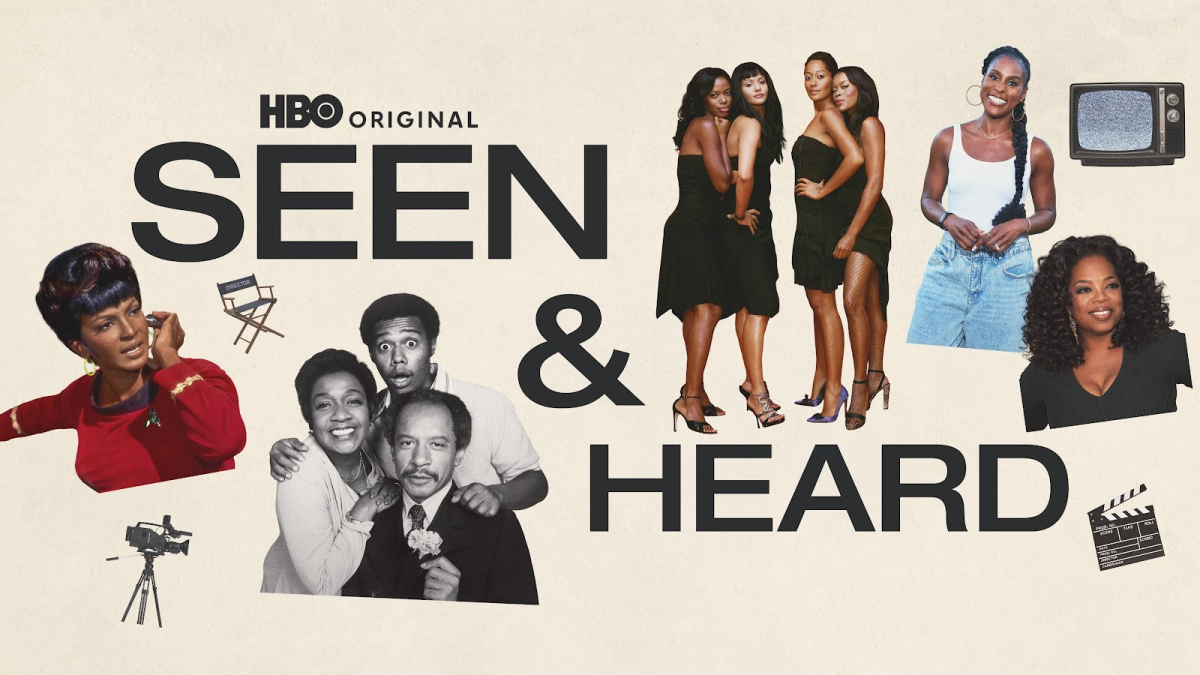Every year during Black History Month, the same handful of movies are spotlighted on streaming services and social media.
Although these movies have strong cultural significance and important messages, many other Black historical films also deserve recognition.
The experience of being Black in the United States is extremely complex and can’t be expressed through just a few movies.
Here are three underrated movies to add to your watchlist this Black History Month that may help point you in the right direction.
#1 Judas and The Black Messiah, directed by Shaka King
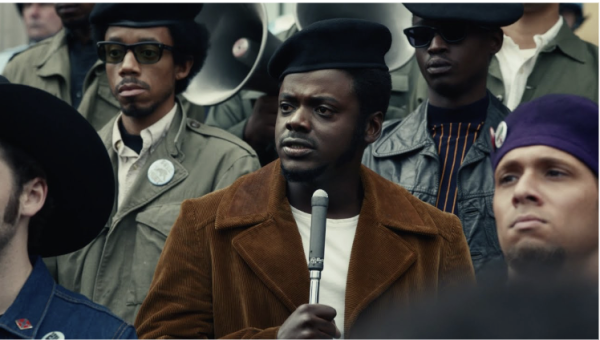
Judas and The Black Messiah beautifully illustrates the infamous FBI setup of one of the Black Panther Party’s most prominent leaders.
Fred Hampton, played by Daniel Kaluuya, was the chairman of the Illinois chapter of the Black Panther Party from 1966 to 1969. Hampton was a compelling speaker, and his unapologetically radical speeches incited movements far outside of Chicago.
Hampton’s increasing power within the Black Panther Party, along with other political groups in Illinois, caused him to end up on the FBI’s watchlist. As a part of the FBI’s COINTELPRO operation, William O’neal, played by Lakeith Stanfield, joined the Chicago chapter of the Black Panther Party and ultimately orchestrated the leader’s untimely death.
The gut-wrenching film clearly emphasizes the FBI’s hand in dismantling the Black Panther Party while also highlighting the legacy of a true revolutionary.
The movie can be streamed on Tubi for free and on Max with a standard subscription.
#2 13th, directed by Ava DuVerny
13th is an eye-opening documentary that highlights how slavery within the United States has quietly
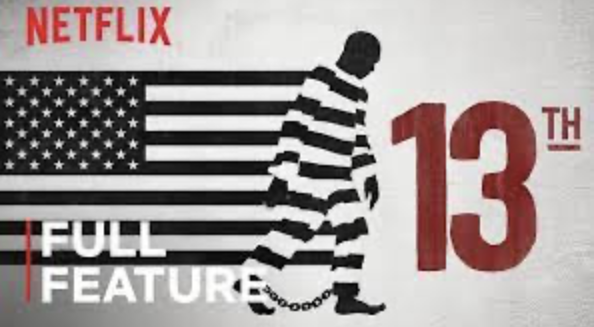
evolved as opposed to being expelled.
The documentary is named after the 13th Amendment of the U.S. Constitution, ratified in 1865, which explicitly states that slavery is illegal unless it is being used as punishment for a convicted crime.
Since its ratification, the United States government has used the 13 Amendment’s “loophole” to justify the forced involuntary labor of imprisoned individuals.
In the 1970s, this justification of using the “loophole” took on a whole new meaning due to mass incarceration.
The movie takes a deep dive into the history of mass incarceration by examining instances such as the war on drugs, the war on crime, and personal accounts of innocent Black men who’ve fallen victim to the new-age slave system.
The movie, which can be streamed on Netflix, makes a straightforward call to action for an issue that has affected Black communities for generations and will continue to do so for generations to come if nothing changes.
#3 One Night in Miami, directed by Regina King
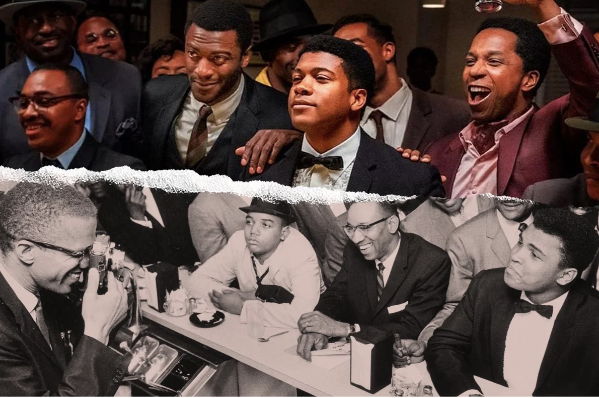
One Night in Miami is a historical drama loosely based on Feb. 25, 1964, when Malcolm X, Sam Cooke, Jim Brown, and Muhammad Ali, then known as Cassius Clay, spent an evening together in Miami, FL.
Although there aren’t many specific details from that night, many believe the four powerful figures met up to celebrate Ali’s winning of the 1964 heavyweight championship.
The movie highlights the genuine friendship of the four men despite the well-known differences in political and social beliefs that were prominent between them.
The men have numerous intense and passionate discussions about freedom, what it means, and how Black Americans should go about obtaining it.
The movie is extremely raw, as it accentuates each of the four men’s deepest traumas and fears, most of which revolve around death threats, racist encounters, and betrayal.
To better understand the relationship between Ali, X, Cooke, and Brown, stream the three-time Oscar-nominated film on PrimeVideo.
Although Black History Month is a beautiful time to remember the contributions and legacy of Black Americans, movies such as these should fill screens all year long.

